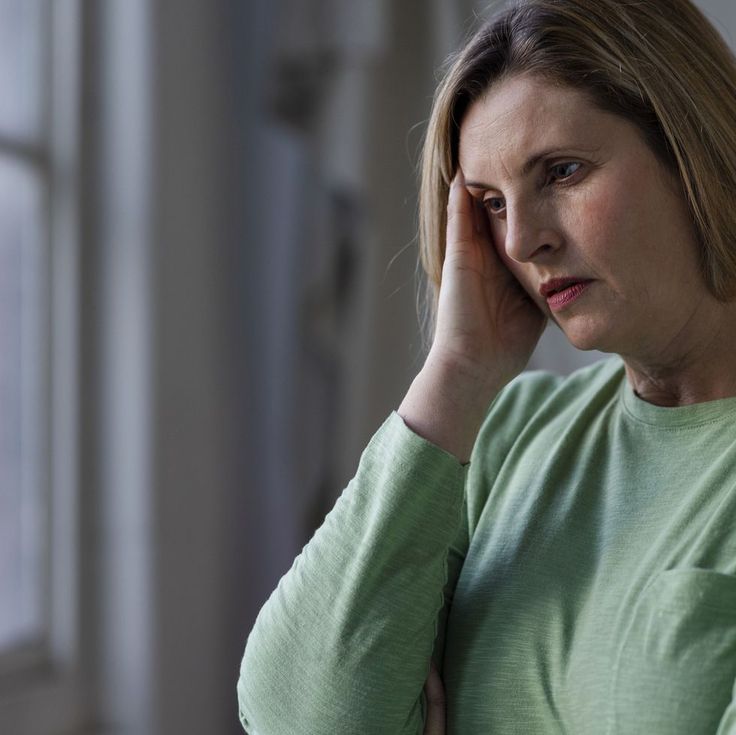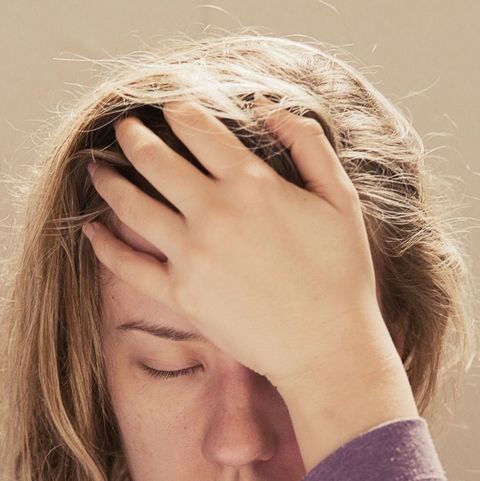
Mental Health And Aging, Allow me to introduce you to my neighbor, Ruth. At 78, she enjoys her garden and never skips her 4 pm Earl Grey. One day, she said with a smile, “You know, I credit this tea for keeping me young.”
And if tea by itself is not the key to aging gracefully (though antioxidants in tea do assist), Ruth is onto something: it’s the tiny everyday habits we create that have the most impact on our mental and physical aging.
Aging doesn’t have to be a gradual slide into disease, suffering, or sadness. Many facets of how we age, according to science, are changeable.
Indeed, with the appropriate tactics, your brain, bones, muscles, and even emotions can remain healthy well into your golden years.
Grab your tea, get comfortable, and let’s go through some scientifically supported advice on how to age like a great wine mentally sharp, emotionally balanced, and physically spry.
Depression has this quality: especially in elderly people, it does not necessarily have a sorrowful face.
Many indications of elder depression can pass for “just aging.” Do tiredness, sleep fluctuations, hunger loss, and memory problems sound familiar? But these are not only typical aging indicators. At times, they are your brain’s method of flashing a tiny white flag.
Typical Indications Of Depression Among Senior Citizens
One should remember that older people’s sadness is not unavoidable. It’s not a personal failing. And it is absolutely curable.


Mental Health And Aging, Regular check-ins with doctors, Routine consultations frequently overlook depression; therefore, asking particularly about mental health helps.
The science is as follows: regular physical activity lowers the chance of all-cause mortality fancy scientific jargon for “dying of anything”, by up to 30%. What about mental health? It is equally strong.
Exercise releases BDNF (brain-derived neurotrophic factor), a kind of “Miracle-Gro” for your brain. It helps to heal brain cells, promote the formation of new connections, and even prevent cognitive decline and sadness.
Mental Health And Aging, Forget about trendy diets. Your brain needs gasoline, not limits.
Best Foods For Mood And Brain Health
Fast advice: Both shown to guard against depression and cognitive decline, the Mediterranean or MIND diet is best. It’s more about patterns than perfection.


Have you ever heard of the Roseto Effect? This interesting case study shows how a tiny Italian-American community in Pennsylvania had surprisingly low heart disease rates not due to diet or exercise (they enjoyed their sausage) but rather due to close social ties.
Loneliness is fatal, not only sad. Studies show that social isolation raises the likelihood of early death, depression, dementia, and other conditions.
Ways To Increase Social Interaction
Sleep Is For Brain Cleaning, Not Only For Resting
Mental Health And Aging, Your brain activates a tiny cleaning crew known as the glymphatic system during deep sleep, which removes waste materials, including beta-amyloid, the substance connected to Alzheimer’s.
Deep sleep gets more difficult to attain as we age; bad sleep is a major cause of depression.
Advice For Improved Sleep


Mental Health And Aging, Your brain enjoys freshness; you are never too old to pick up anything fresh. Research indicates that those who remain cognitively busy suffer less from Alzheimer’s and sadness. This doesn’t imply cramming books—just pushing oneself.
Ideas That Improve Brain Power
Aging is not about trying to turn back time or preventing wrinkles; there are no magical medications. It’s about keeping our most priceless assets: our mind, attitude, and mobility.
Though not a death sentence, depression in seniors is genuine. Daily focus on physical activity, social connection, healthy nutrition, sleep hygiene, and cognitive stimulation helps us to significantly affect our health span not only how long we live but also how well we live.
Yes, keep drinking your tea like Ruth, but include a walk, call a friend, eat your berries, and push yourself with a new interest. Longevity is about little, thoughtful efforts taken regularly over time, not about great changes.
And hey, if you’re reading this and questioning if it’s too late to begin: in mind, body, and spirit, it’s never too late to get younger.
